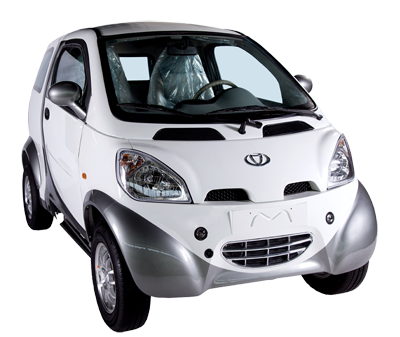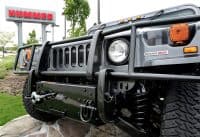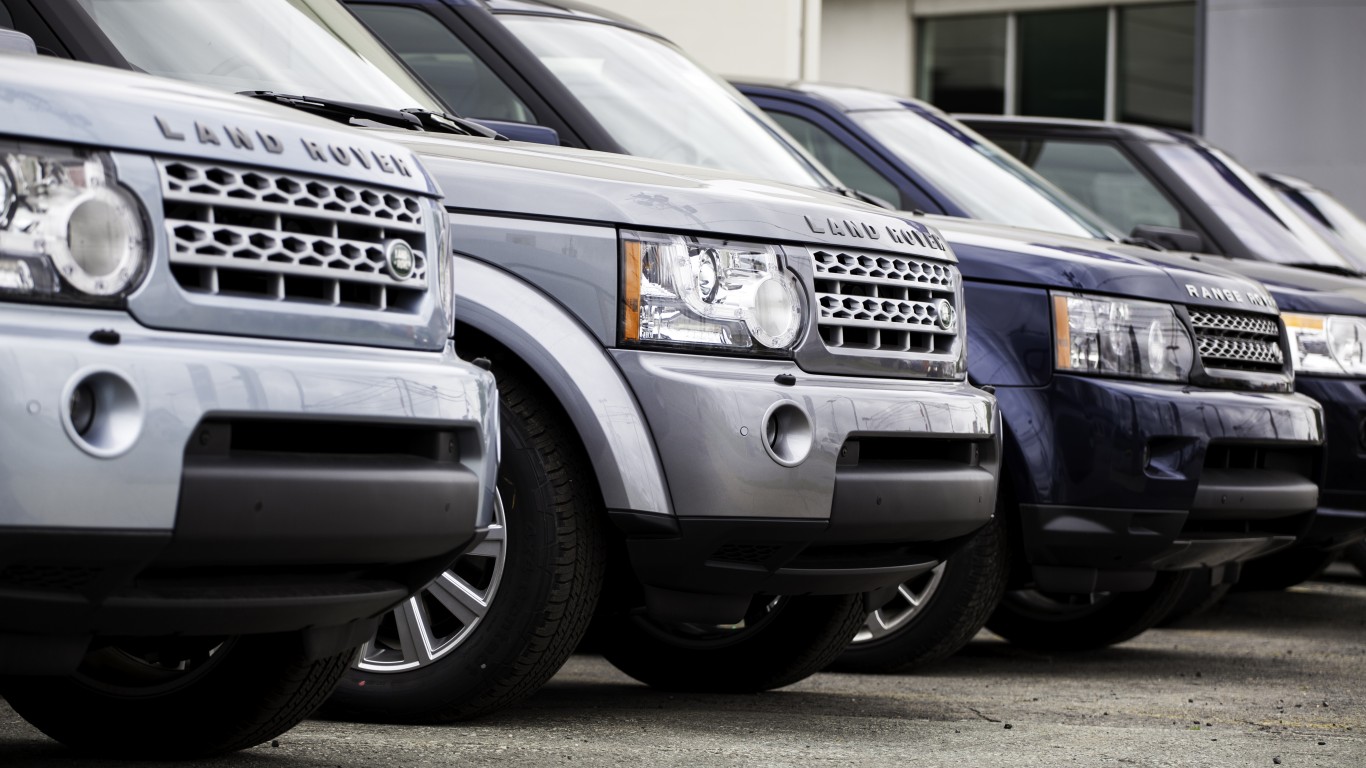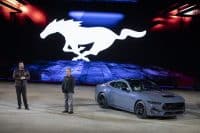
Among other products, Kandi makes small electric cars and trucks that cost about a tenth the price of a Tesla Model S sedan. And the big noise from the company was a deal made earlier this year among the city of Hangzhou, Kandi and a battery maker that would make up to 20,000 vehicles available in Hangzhou for hourly rentals of around $3.40. So far the company has delivered just under 5,000 cars at a price of $6,317 per car, less the battery.
Kandi got a boost last summer when the government approved the company’s vehicles for subsidies and incentives. The government plans to put 500,000 clean cars on China’s roads by the end of 2015 and five million by 2020. But according to one report, fewer than 20,000 electric vehicles were sold in China in 2013.
Tesla, of course, has announced its own plans for China. The Model S will sell for the equivalent of about $121,000 in the Middle Kingdom. The company thinks that sales in China can match U.S. sales in 2015.
The Chinese market is large enough and diverse enough to support both the Kandi and the Tesla business plans. There shouldn’t be a lot of doubt though about which company will sell the most cars in China.
Kandi reported fourth-quarter and full-year results Monday morning, noting that revenues rose 90% year-over-year in the quarter and adjusted net income rose nearly 260%. The company’s stock price was up 22% at $21.14, after setting a new 52-week high of $21.75 earlier. The 52-week low is $3.55.
Are You Ahead, or Behind on Retirement? (sponsor)
If you’re one of the over 4 Million Americans set to retire this year, you may want to pay attention.
Finding a financial advisor who puts your interest first can be the difference between a rich retirement and barely getting by, and today it’s easier than ever. SmartAsset’s free tool matches you with up to three fiduciary financial advisors that serve your area in minutes. Each advisor has been carefully vetted, and must act in your best interests. Start your search now.
Don’t waste another minute; get started right here and help your retirement dreams become a retirement reality.
Thank you for reading! Have some feedback for us?
Contact the 24/7 Wall St. editorial team.




